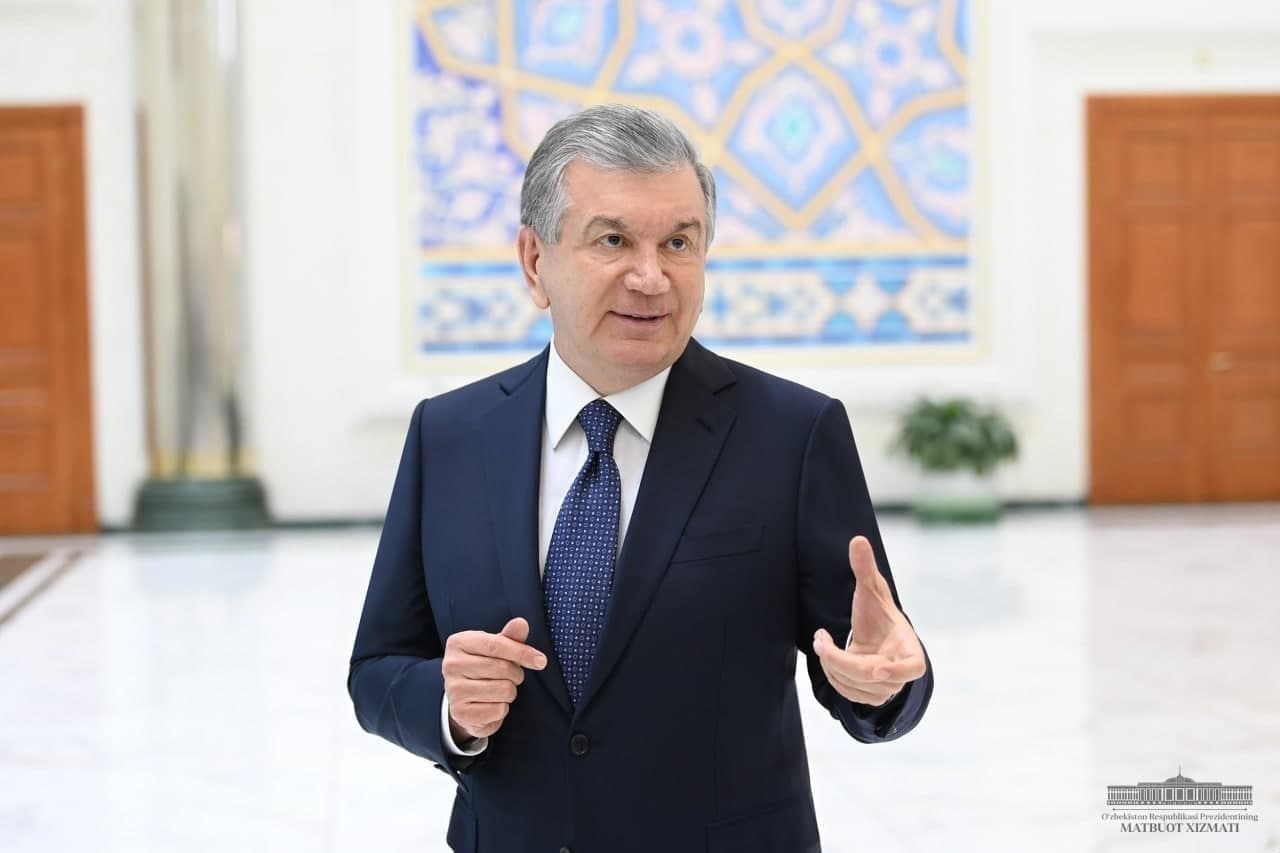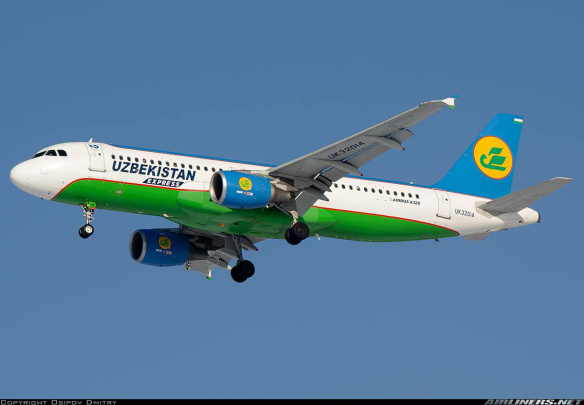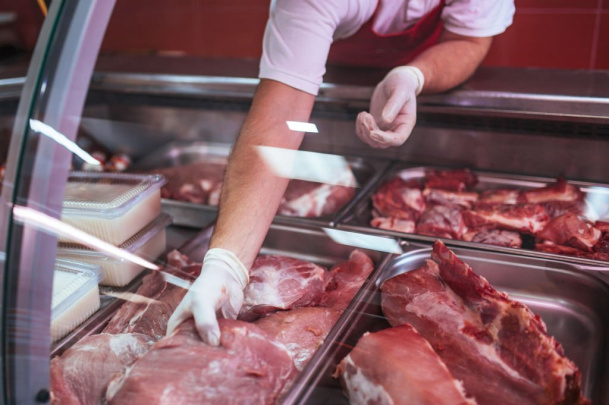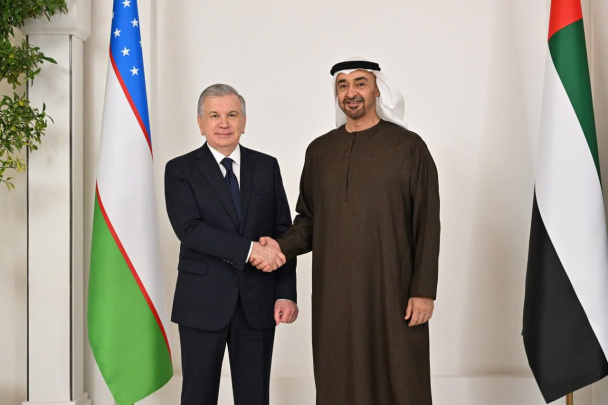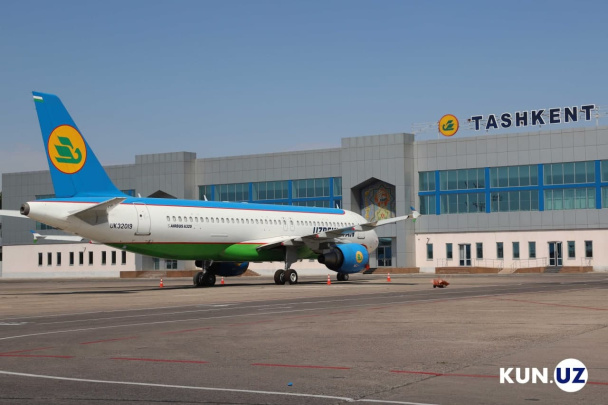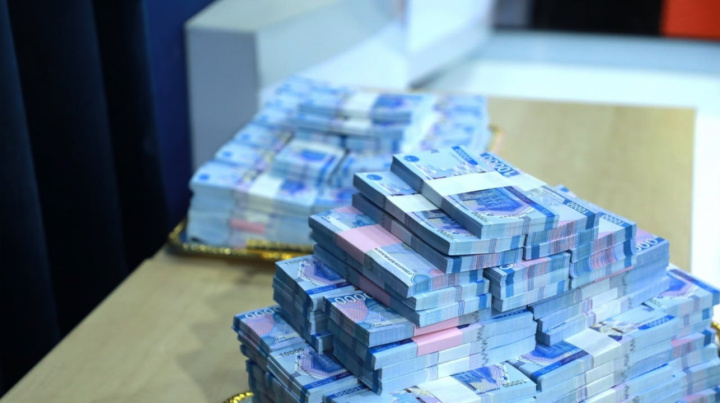It should be recalled that in accordance with the presidential decree of May 3, 2017, free economic zones specialized in pharmaceuticals were created in Nukus, Zaamin, Kasansay, Syrdarya, Baysun, Bostanlyk and Parkent districts. By the decree of November 7, 2017, the Agency for the Development of Pharmaceutical Industry was organized under the Ministry of Health.
“Wide conditions have been created for the cultivation of medicinal plants, attracting investments and producing competitive products. As a result, over the past five years, 71 new enterprises have been created, more than 2.5 thousand types of medicines, 241 types of medical products and 78 types of medical equipment have been launched. The volume of production of pharmaceutical products has almost doubled. But these results are not enough, it was noted at the event. Today, domestic enterprises satisfy only 55% of the needs of the domestic market in physical terms. In the next five years, it is planned to increase production in the industry by 3 times and bring the rate of supply of the domestic market to 80%. For this, promising projects for 2022-2026 have been developed,” the message reads.
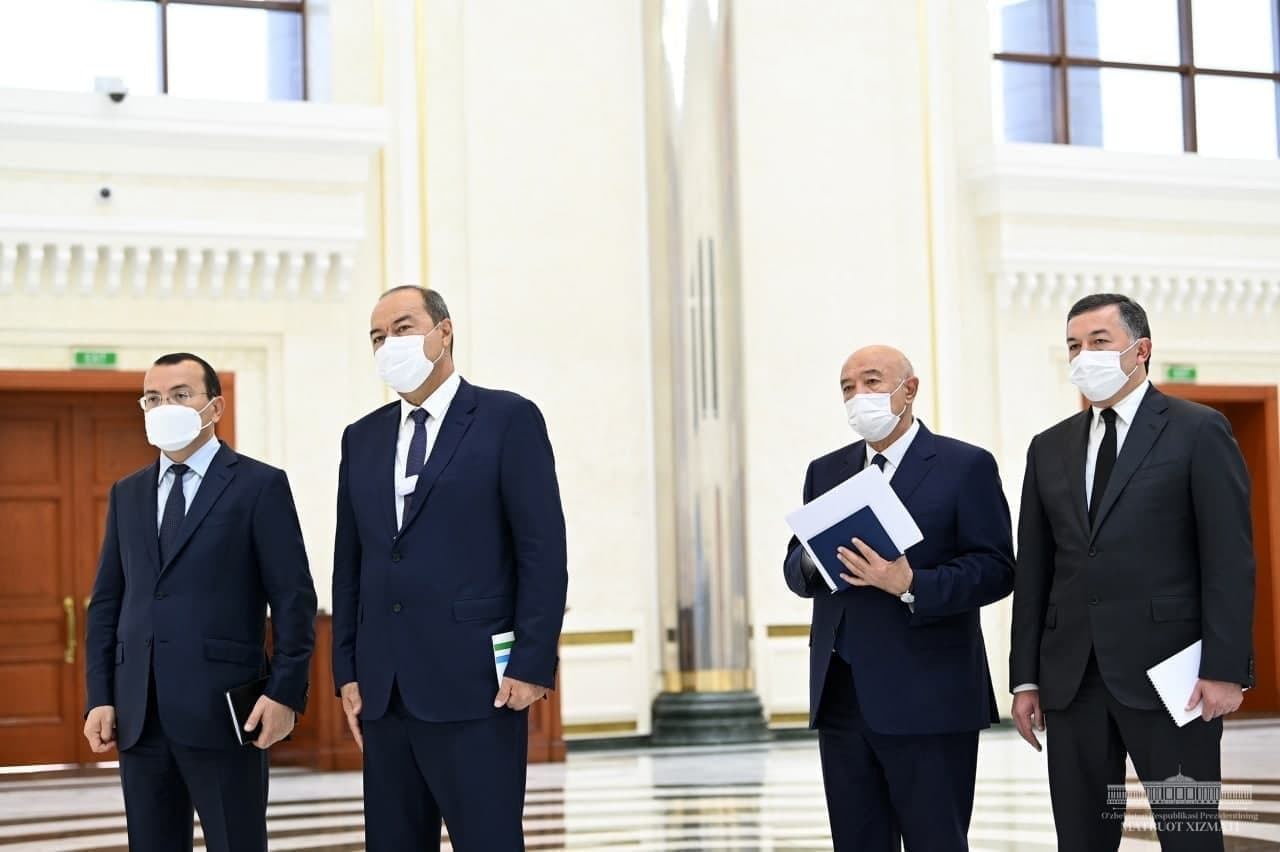
During the presentation, information about these projects was provided. Thus, it is planned to implement 104 investment projects worth $1.25 billion. As a result, it is expected to create capacities for the production of import-substituting products in the amount of $376 million and the export of goods for $84 million. Most importantly, it is planned to provide jobs for about 9,000 people. Emphasizing the social and economic significance of these projects, the President instructed to accelerate their implementation.
Particular attention is paid to the cultivation and processing of local medicinal plants.
Medicinal plants of 750 species grow on the territory of the country. All conditions are created for the production of natural products on their basis that are in demand on the world market. In particular, the presidential decree of April 10, 2020 determined additional measures for the protection, cultivation and processing of wild medicinal plants. 19 enterprises have been launched in this direction. But out of 750 species of medicinal plants, only 70 are actively used by manufacturers.
The President noted that deep processing of medicinal plants in the country can bring exports to $15 million and provide jobs for more than 5,000 people. Responsible persons were instructed to expand production by creating industry clusters. Reportedly, it is planned to implement 7 more investment projects worth $140 million.
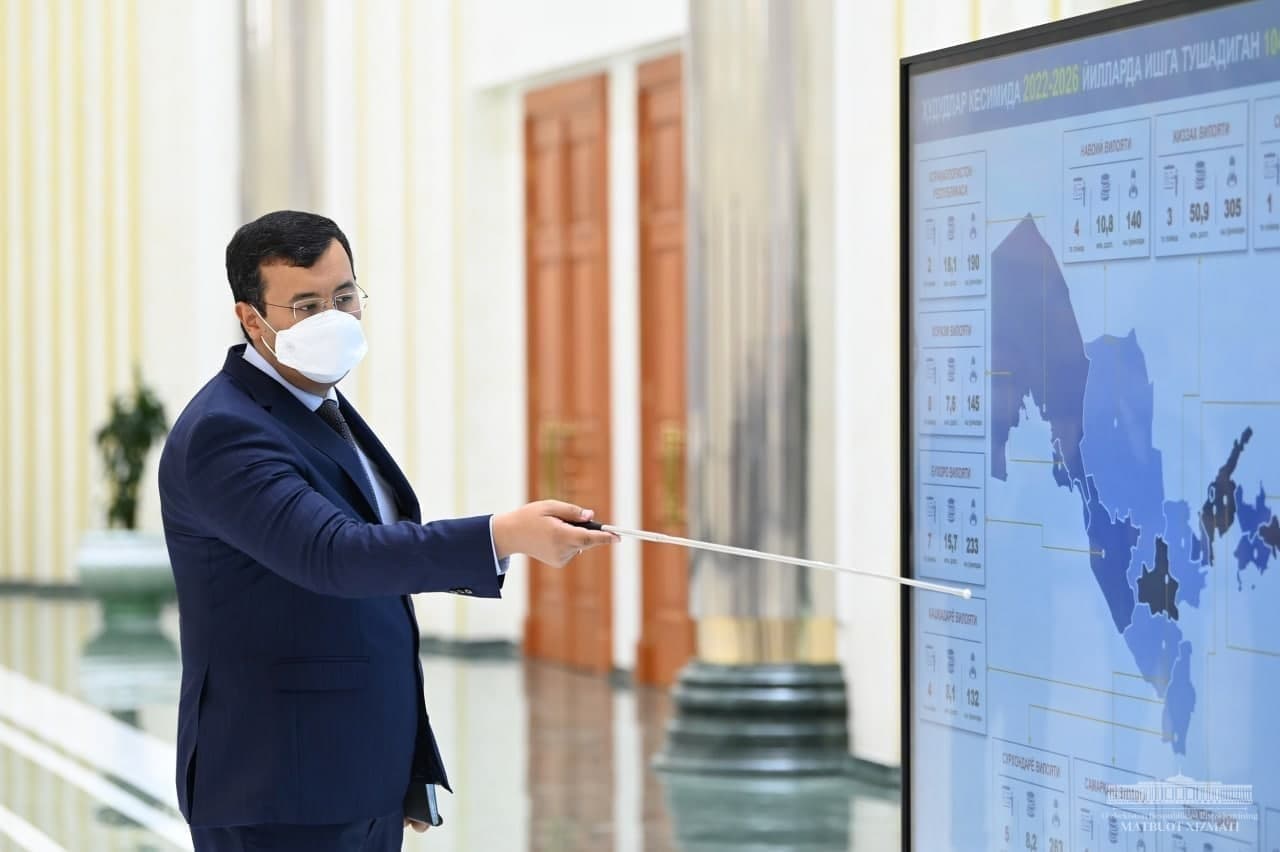
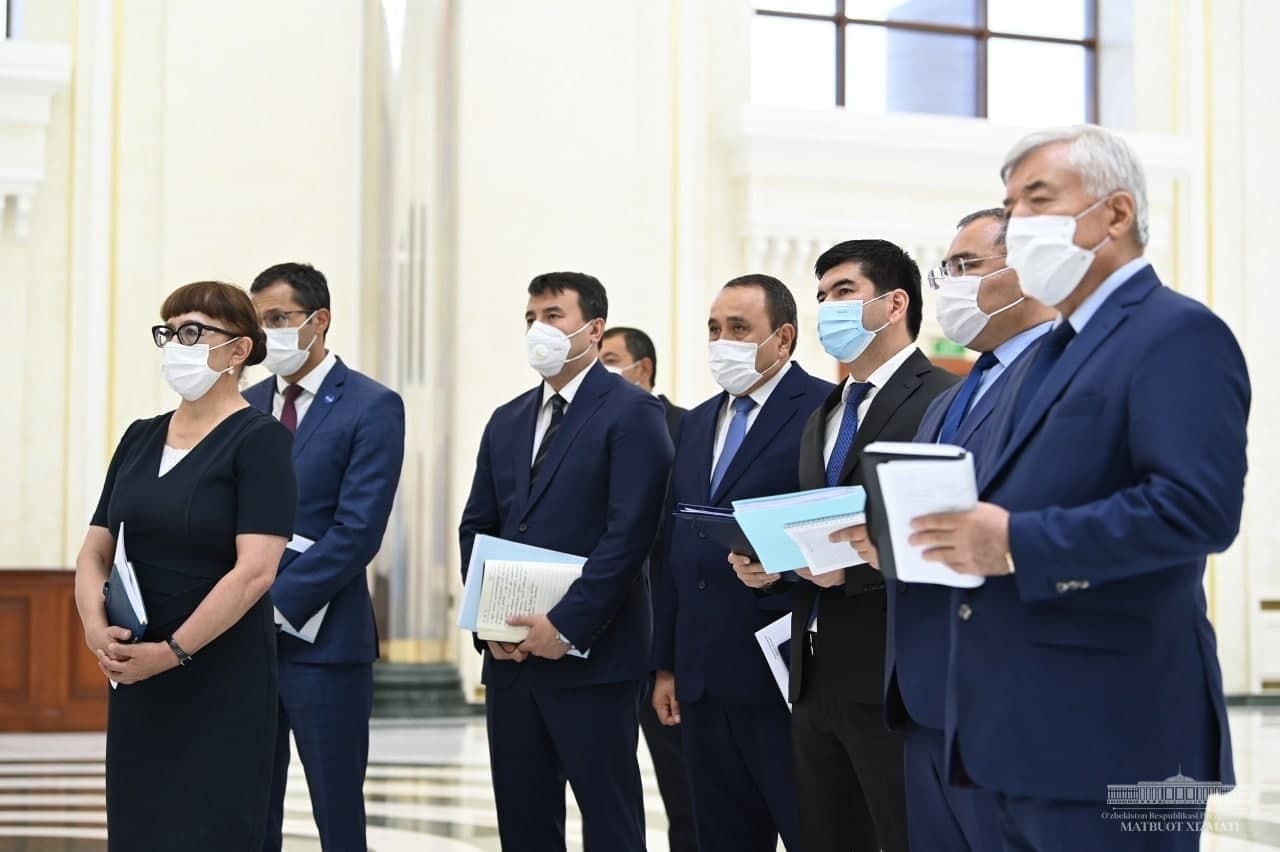
The presentation also discussed the prospects for the production of biopharmaceuticals. Although enterprises in the country produce more than 3,000 types of drugs, these are mainly single-component, simple drugs. In this regard, the President emphasized the importance of organizing the production of innovative biotechnological drugs: oncological, hormonal, blood products, vaccines.
The importance of stimulating the release of domestic pharmaceutical products through public procurement in the healthcare system, simplifying the certification of products manufactured in accordance with international standards was noted.
Instructions were given for the development of cooperation between scientific institutions and industrial enterprises, the training of qualified specialists.
The task was set to develop a separate program for the further development of the industry.

